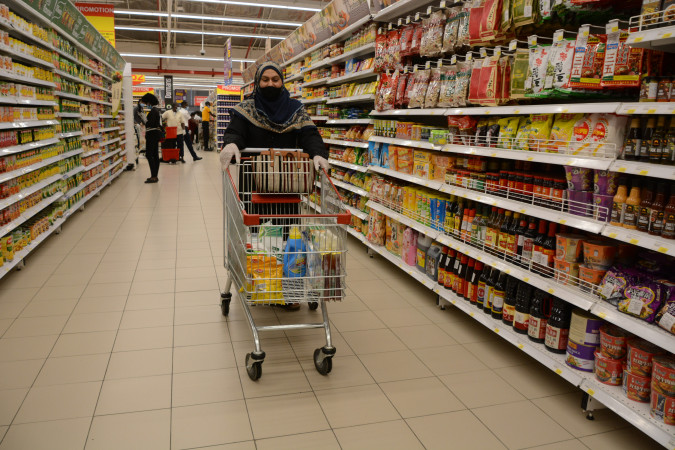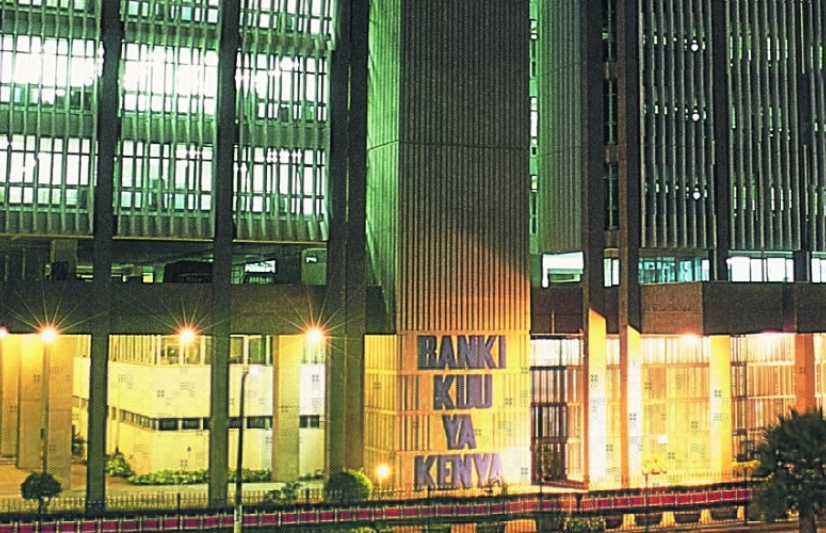Households feel pinch as shilling woes persist

Kenyans are spending more on commodities as a weaker shilling increases the cost of importation which spikes inflation. Being a net importer of goods, analysts say Kenyan traders and manufacturers are forced to dig deeper into their pockets to meet the higher importation costs as the dollar strengthens, with spillover effects manifesting in a surge in commodity prices.
“Kenya’s export capabilities have diminished and we are having a trade deficit both regionally and globally, ending up being in a situation where exchange rates are under a lot of pressure. This makes it difficult for businesses to operate,” reckons Ken Gichinga, chief economist at Mentoria Economics.
Latest data from the Central Bank of Kenya (CBK) shows that dollar currency stock, commonly used in international trading, has dipped by about 14 per cent to $8.37 billion (Sh962.5 billion) as of May 12, compared to 9.52 billion (Sh1.09 trillion) reserve by end September 2021.
“Imported inflation has become a problem. CBK looks at inflation from a domestic perspective, but when global commodities go up, we also get affected,” he adds.
Further, poor weather means Kenya continued to rely on food imports as local production of crops was affected by unreliable rains a move that has since forced the government to warn of a possible food crisis, hence the need to import more food.
The latest data from the Kenya National Bureau of Statistics (KNBS) shows that food producer price indices increased by 5.67 per cent between December 2021 and March this year.
Cost of goods
The index which tracks how the cost of goods changes directly from manufacturer’s warehouses increased further to11.26 per cent between January to March.
The weakening shilling has already pushed the cost of fuel up for three consecutive months with petrol and diesel hitting historic highs at Sh150 per litre and Sh131, respectively. Oil is a driver of the inflation rate since it’s a key input in manufacturing processes.
From January, the shilling has shed off against the dollar by 2.7 per cent, from Sh113 to Sh116 reported yesterday. The situation has been compounded by dollar shortages that have made importers battle delays, triggering a supply-demand mismatch that will push the prices of commodities further up.
Economist Mihir Dhakar says there is a dollar shortage due to a lot of investors pulling out money through the global markets following rising interest rates which is causing risks locally.
“CBK is actually not using the reserves to save the shilling from further weakening because there’s no big risk. This is a positive resilience on the Kenyan economy,” says Mihir.














